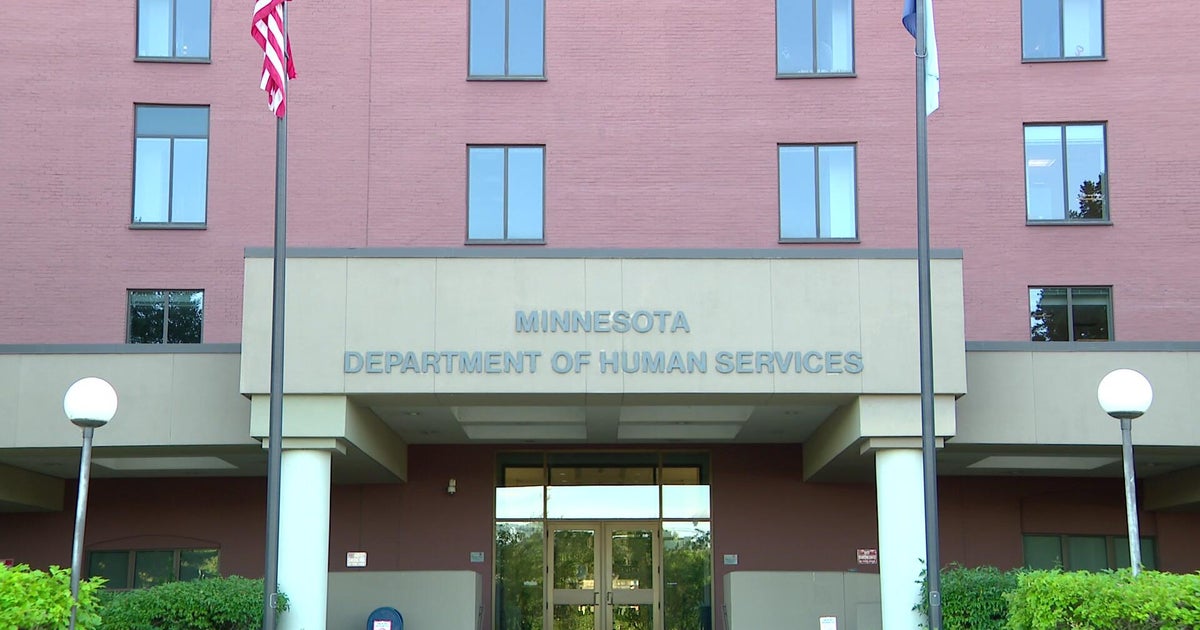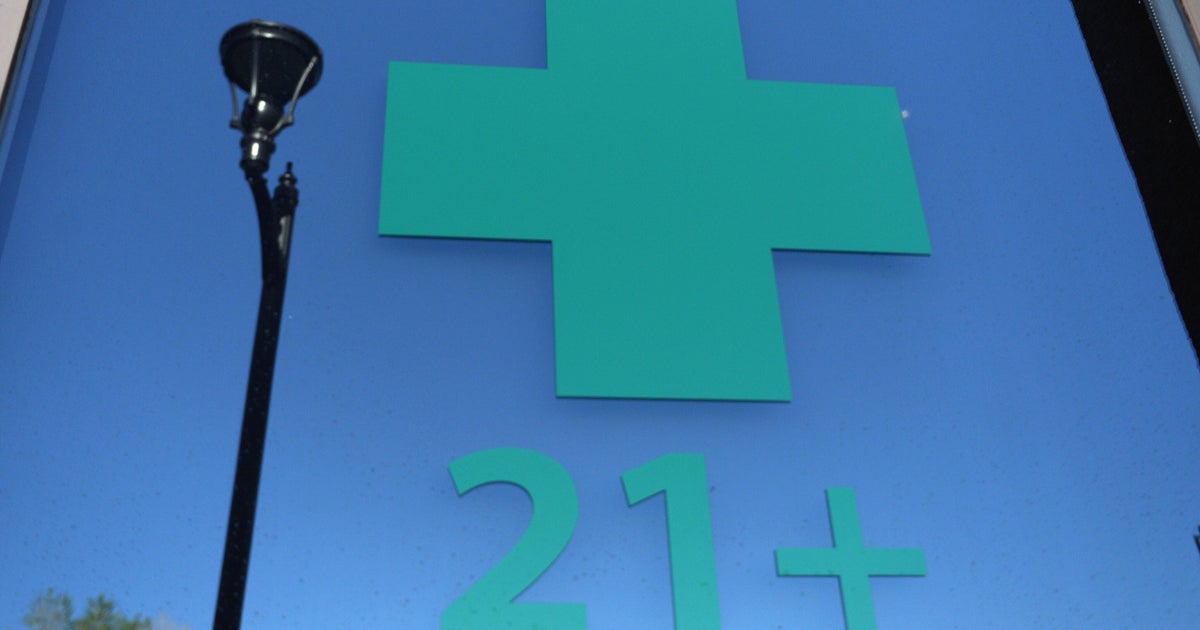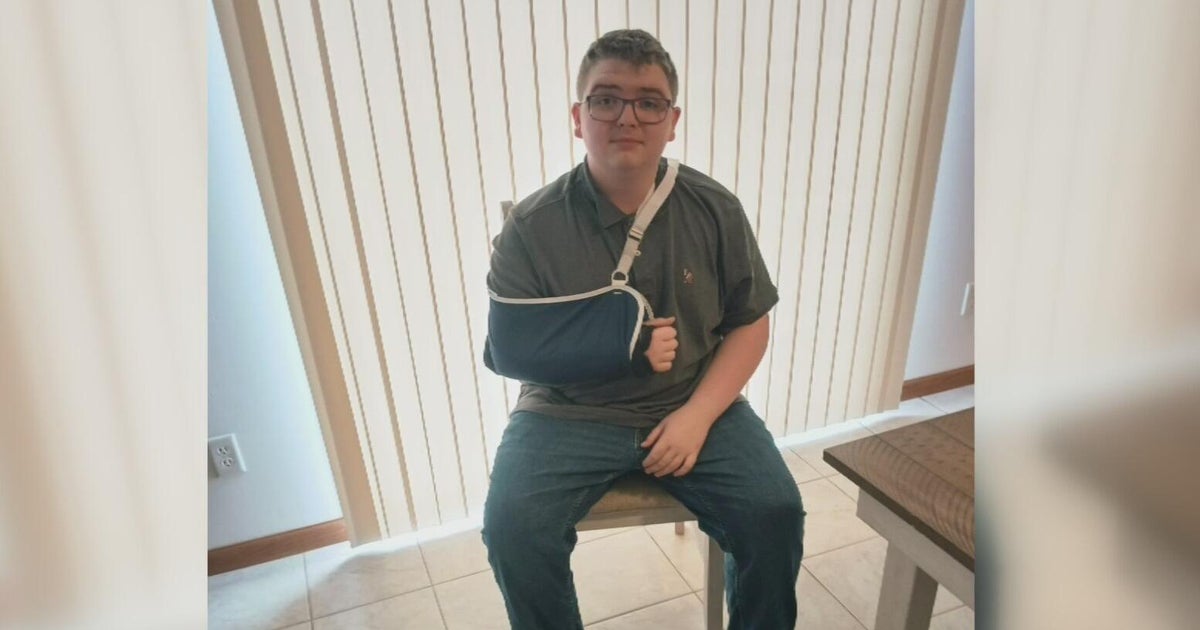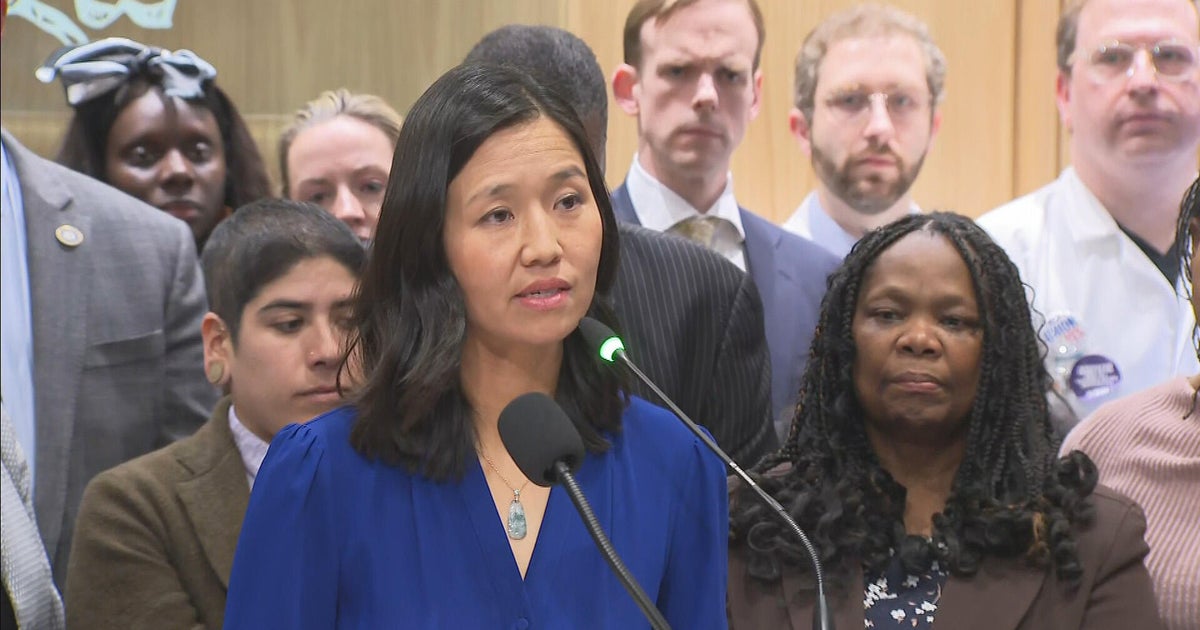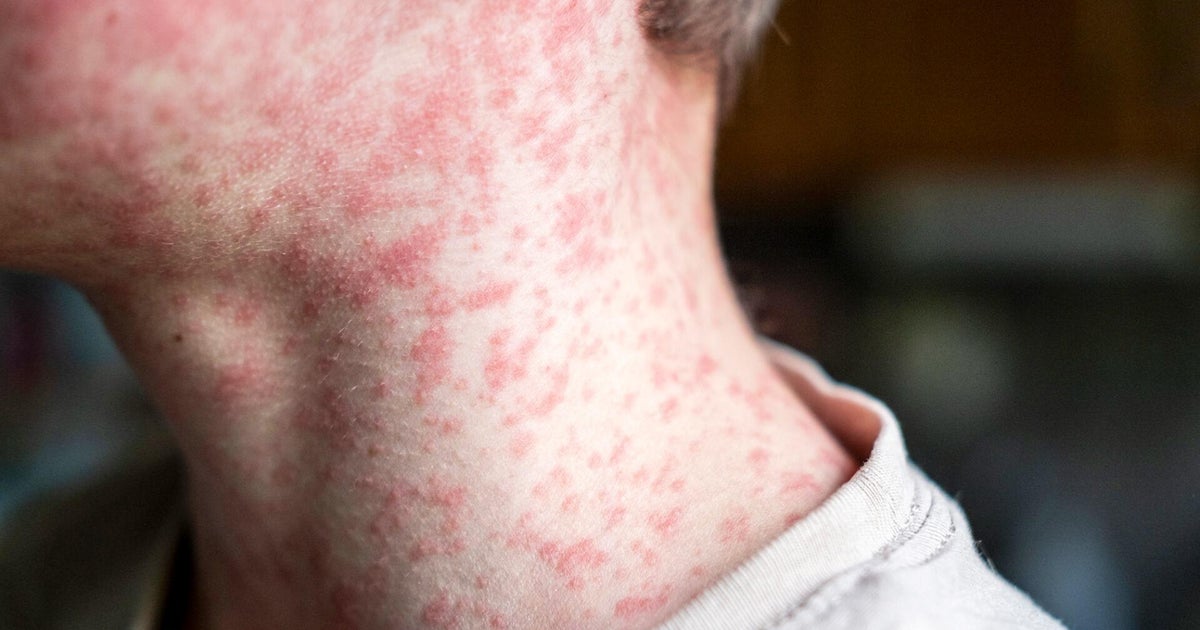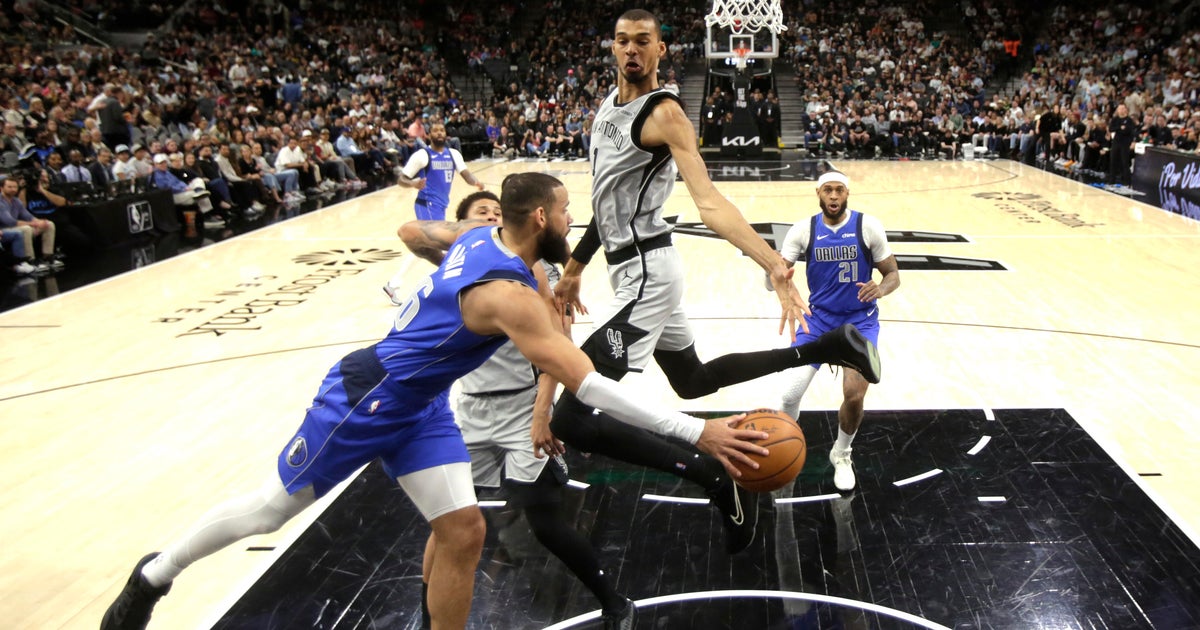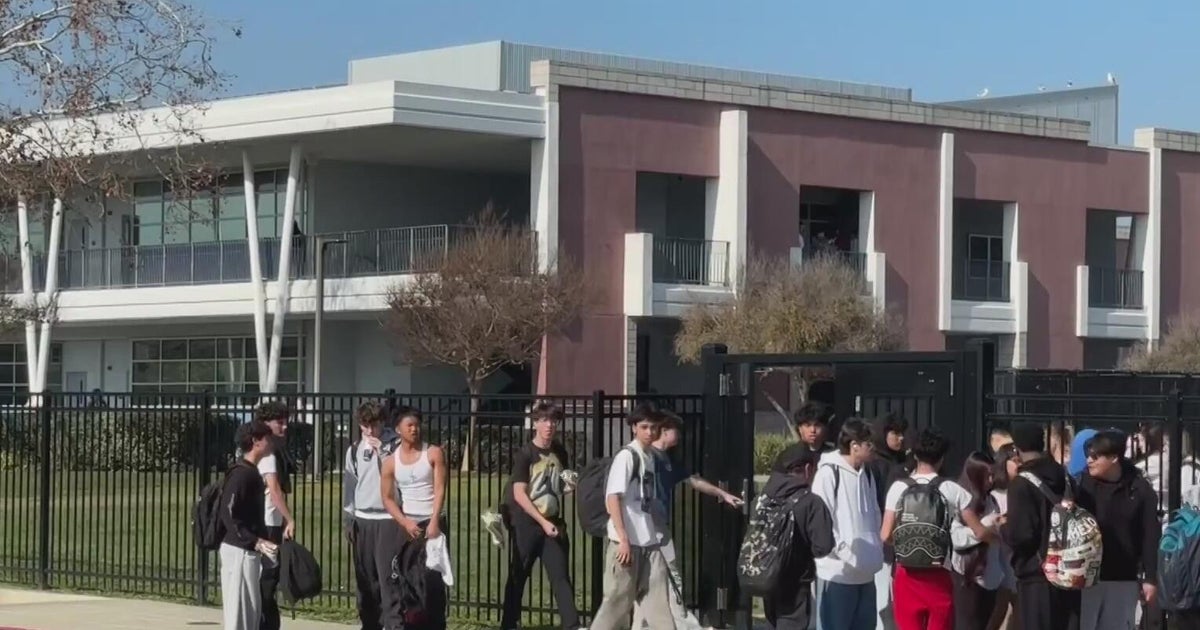Health Officials: 3K Concussions In MN High School Sports Last Year
ST. PAUL, Minn. (WCCO) -- For the first time in state history, the Minnesota Department of Health is releasing a report about how concussions are impacting high school athletes.
Health department officials estimate that there were nearly 3,000 sports-related concussions in Minnesota schools last year. Researchers for the first year tracked the numbers of concussions diagnosed on sideline by athletic trainers from 36 metro area schools from the last school year. That number equates to about 22 athletes per high school in Minnesota.
But numbers aside, concern is growing about the impact of concussions.
Today, Nick Webber enjoys every minute of practice at DeLaSalle High School in Minneapolis. A far cry from last year, when he missed the last game of the season, and so much more, all because of a concussion.
"I was out for a couple weeks from school and then I would go back to school and then I'd be super tired afterward," he said. "I'd probably go for two days and then not be able to go the next day because I was so tired."
In the past, Webber might have been asked to tough it out, but this is a different era than when his coach played.
"I personally would rather be ahead of the charge and taking care of the kids and knowing that, 'Hey, you know what, we're going to monitor our kids,'" his coach said.
After the health department's study, we have even more understanding.
"The brain is covered by our skull, so unlike an ankle sprain that swells, we don't see the injury itself, and that's why people don't take it as seriously or may hide symptoms," an MDH spokesperson said.
Forty-two percent of the concussions occurred on the football field--in part because it's a violent game, but also because so many kids play the sport.
Broken down by percentage, 6 percent of football players suffered concussions: The same rate as boys and girls hockey players.
"Football is not risk free, boys and girls hockey is not risk free," said Dr. Ed Ehlinger, Minnesota's commissioner of health. "It's an issue. We need to learn a lot more about it. We need to learn what needs to be done to prevent it."
Concussions were most common in not only football, but other sports like hockey. Concussions can have immediate symptoms, can linger and cause depression as well as long-term memory loss. Doctors say this is a major concern for schools, because kids need a to be taken off the field as soon as the symptoms are seen so they can heal and stay successful in school.
Officials with the Minnesota Department of Health said the hope is even more research and awareness will happen in the future.
"Everyone involved in high school sports should know the signs and symptoms of concussions and we need a commitment from everyone on the team to make sure our athletes can compete safely," Ehlinger said. "And when a concussion does occuer, we need to make sure that the student athletes have the support that they need from their parents, teachers, coaches, school nurses and clinicians in the community."
In 2011, a law put into effect in Minnesota requires coaches to undergo training to diagnose a possible concussion. Data shows concussions happen more often in girls' sports than boys sports, which is consistent with national data for physiological reasons, including muscle mass.
So what's the protocol for parents when they think their child might have a concussion?
Experts said you should definitely take the child to the hospital and if symptoms worsen after a week, go to the emergency room. Medical trainers on the field of play can advise where an athlete just needs to go to a clinic or immediately to the hospital.
